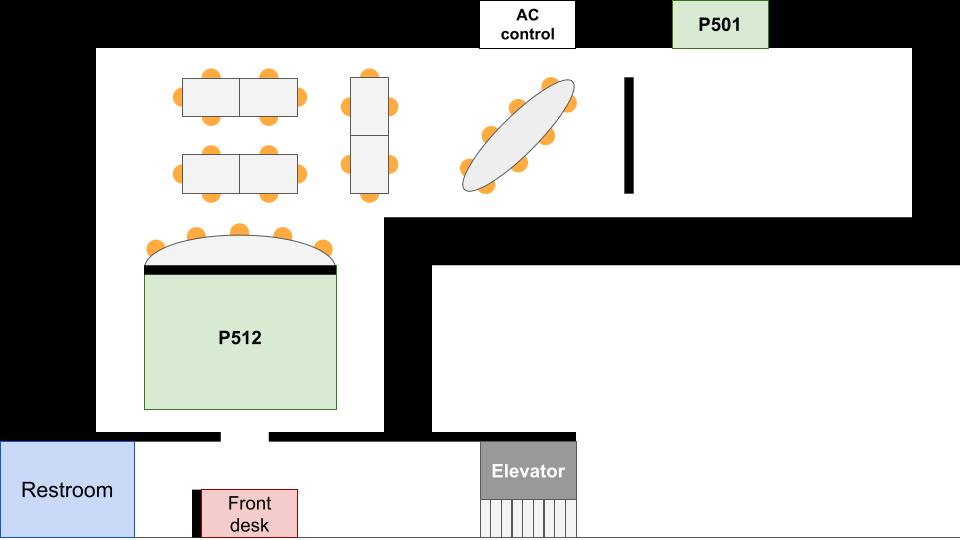Date
- Date: 13th September, Saturday, 2025
- Time: 10:00 -- 17:00 (7 hours)
Agenda
About the Scisprint
To join the sprint, please bring your laptop and sign up. You are also very welcome to bring your project. Please contact us if you have any questions.
Scisprint, hosted by the sciwork community, is a monthly coding sprint. It would like to facilitate discussions and exchanges among people in the fields of science, numerical computation, and engineering. Participants, regardless of experience level, can gain valuable development insights in this event.
We would like to provide a supportive and friendly environment for all attendees to support more developers to join in the open-source communities.
Coding Session
It aims to encourage collaboration and interaction among developers through project participation. The projects cover various fields, including but not limited to science, numerical computation, and engineering. You are also encouraged to share your own projects in scisprint. Refer to project list below for more details.
Project List
modmesh
- Related Subjects: Python, C++, PDE
- Project Link: GitHub
- Project Contact: Yung-Yu Chen (discord: @yyc#7718)
modmesh seamlessly mixes C++ and Python through pybind11, allowing you to leverage the strengths of both programming languages for efficient PDE solving. We use Qt and Python to visualize the computation results to give you a better understanding of your PDE solution. modmesh also supports mesh visualization, currently in the Gmsh mesh file format. We have recently made efforts to improve the modmesh UI/UX.
The design allows it to run on Windows, Linux, and MacOS. Everyone can use or contribute to modmesh.
AItlas
A knowledge graph should formally represent relations between/among entities and provide insights for semantic computation in natural language understanding (NLU). The representation is usually like a net 2D or atlas in 3D and higher dimensions. In recent years, this is usually called RAG. We believe a knowledge graph (thus KG) can do more for AI, thus named our project AI+Atlas = AItlas.
pyLiteracy
- Project Link: GitHub
- Project Contact: Jonathan Chen (discord: @陳畯田), PeterWolf (discord: @PeterWolf#1422)
pyLiteracy is a linguistics-based Mandarin grammar checker built primarily with Python. Unlike how current mainstream large-language models, human natural language operates under a hierarchical framework rather than a linear-structured network. Moreover, the task of grammar checking focuses on the relation between words rather than the stochasticity between tokens.
Therefore, we aim to encode the primary phrase structures of Mandarin in order to achieve efficient Mandarin grammar checking with minimal resources in a fashion that best echoes a human being.
Sign Up
Please register at kktix.
Venue
Venue Map
前沿理論及計算研究中心 (國立清華大學第三綜合大樓 A 區 5 樓).
Center for Theory and Computation (Rm. P518, 3rd General Building, National Tsing Hua University).
Floor Plan
Once you arrive at the 3rd General Building, take the elevator or stairs to the 5th floor (Section A).
The session will be held in Room P518.
Here is the floor plan to help you locate the room and nearby facilities:
